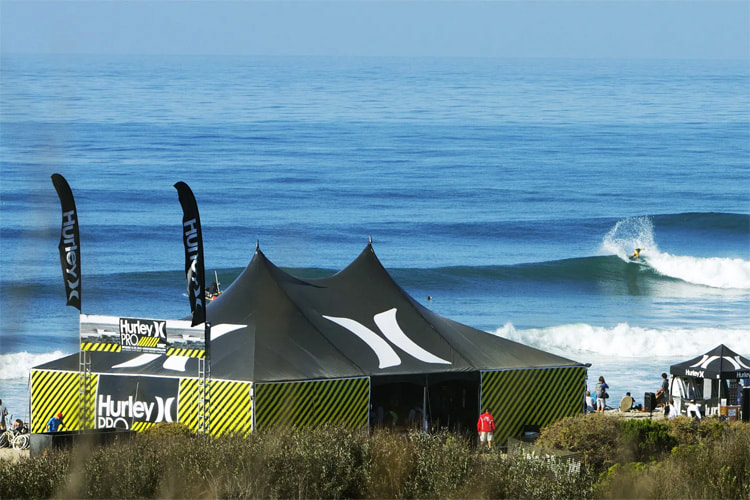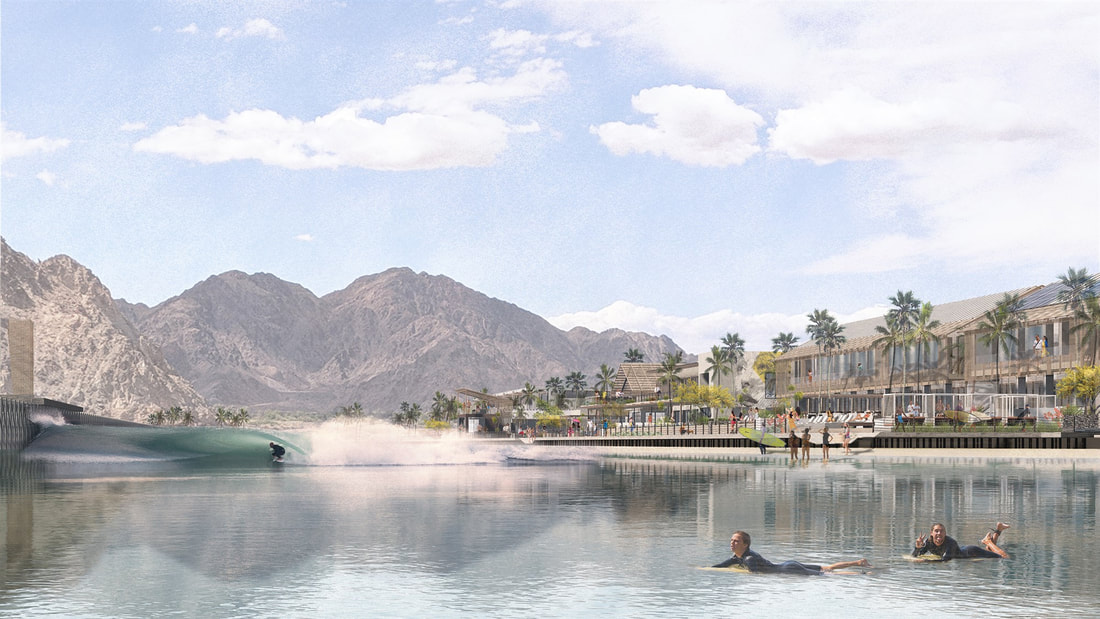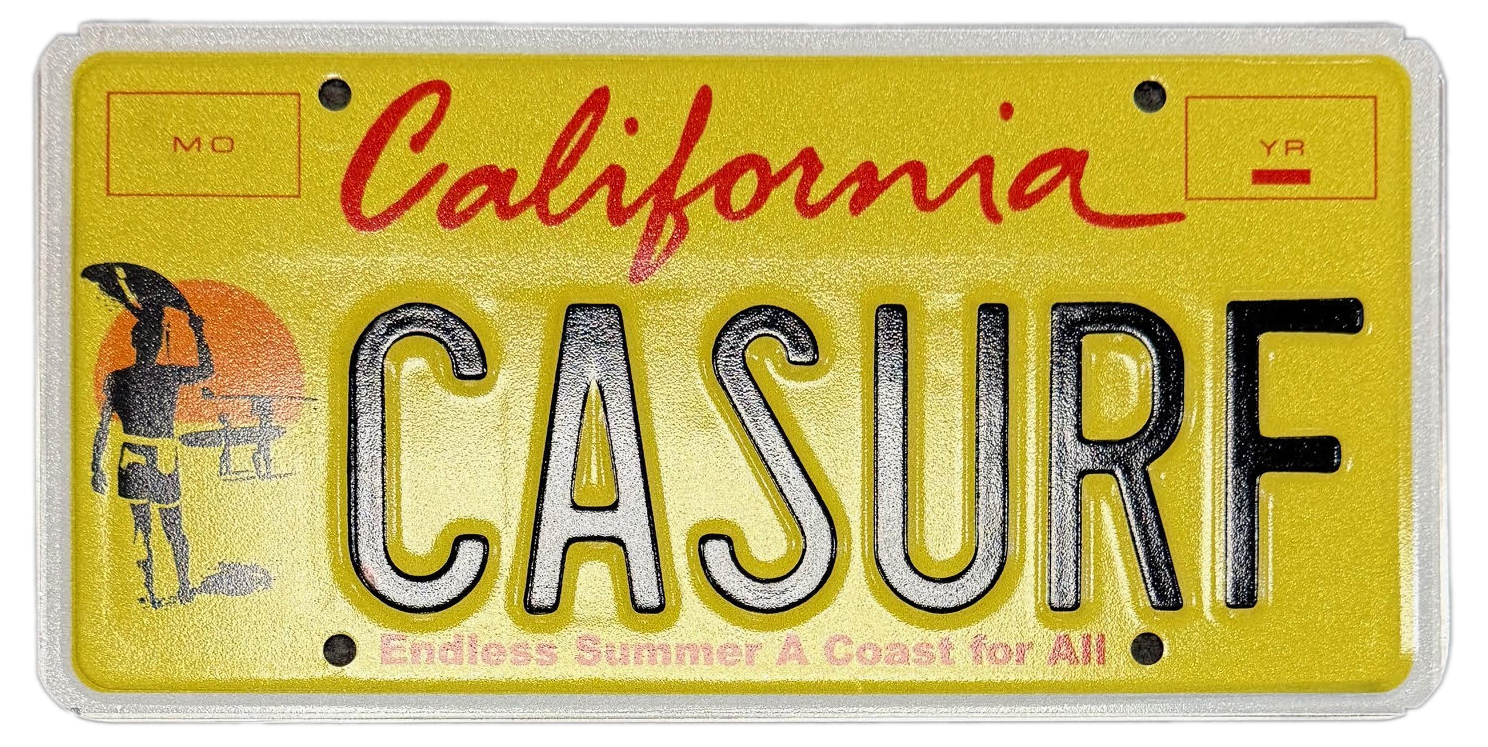|
On Friday, March 27th, 2020, Los Angeles County shut down its beaches in an effort to slow the spread of the novel coronavirus. Beaches across the state had started shutting down on Monday after a sunny weekend saw thousands flock to the sand. Yesterday, a Manhattan Beach surfer was fined $1,000 after ignoring a lifeguard’s orders to not paddle out.
Due to COVID-19, the following California beaches are closed (current as of 3/27): San Diego All San Diego City Beaches Torrey Pines State Natural Reserve Carlsbad State Beaches San Onofre State Beach parking lot closed Orange County Seal Beach Newport Beach — beachfront parking lots closed Laguna Beach All OC State Beaches closed to vehicular traffic Los Angeles County LA County beaches closed through April 19th El Matador State Beach Leo Carillo State Park Malibu Creek State Park Malibu Lagoon State Beach Pt Dume State Beach RH Meyer State Beach Topanga State Park Ventura County Mandalay State Beach Point Mugu State Park San Buenaventura State Beach Santa Barbara County Carpinteria State Beach El Capitan State Beach Gaviota State Park Refugio State Beach San Luis Obispo County Cayucos State Beach Morro Strand State Beach Pismo State Beach Monterey County Andrew Molera State Park Carmel River State Beach Julia Pfeiffer Burns State Park Monterey State Beach Point Lobos State Natural Reserve Santa Cruz County Manresa State Beach Natural Bridges State Beach New Brighton State Beach Seacliff State Beach San Mateo County Ano Nuevo State Park Bean Hollow State Beach Gray Whale Cove State Beach Half Moon Bay State Beach Montara State Beach Pescadero State Beach Pomponio State Beach San Gregorio State Beach San Francisco Ocean Beach parking lots are closed.
0 Comments
The nine-time world bodyboarding champion smashed his opponents in the final with a near-perfect 9.50-point wave backed up by a 7.17-point score. At the age of 56, Stewart claimed the 16th Pipeline Bodysurfing Classic title of his career. The event ran its 44th edition and got 60 athletes competing in four-to-six foot waves and strong trade winds. Mark Cunningham, Dave Hubbard, Mark Drewelow, Keith Malloy, Kalani Lattanzi, and Timothy Hamilton were some of the names involved in the contest. Final
1. Mike Stewart, 16.67 2. Arthur Picard, 11.33 3. Chris Kalima, 8.17 4. Craig Watson, 6.13 Leaderboard | Top 10 (Four Best Waves) 1. Mike Stewart, 28.90 2. Dylan Biggerstaff, 27.24 3. Arthur Picard, 25.73 4. Craig Watson, 23.77 5. Todd Sells, 23.41 6. Chris Kalima, 23.03 7. Timothy Hamilton, 22.89 8. Dave Hubbard, 22.83 9. Kelly Slater, 22.50 10. Joel Badina, 22.13 Surf companies sell exciting, idyllic, and adrenaline-fueled surfing experiences, and they're highly successful doing it. The reason why surfing became a multimillion-dollar sports industry is that brands appeal to consumers' emotions and dreams in a very effective way. Whether inviting you to "stay high" or "live the search," corporate surfing makes you believe "life's better in boardshorts." And it could be, as long as these giant conglomerates continue selling clothing, footwear, and accessories. With the advent of Olympic surfing and wave pools, the sport of riding waves will likely continue to conquer new markets and segments of the population that have never had contact with surfboards. The surf industry is what it is, and surfing wouldn't be what it is today without the innovations and technologies companies have developed during the sport's first century of existence. Rip Curl, Quiksilver, Billabong, and O'Neill - also known as the Big Four - focus their marketing plans on selling clothing, i.e., t-shirts, jackets, pants, sweatshirts, flannels, hoodies, tanks, and boardshorts. Surf companies focus their operation in three major territories: America, Europe, and Oceania. That's where they get over 90 percent of their annual income. The majority of the world's wetsuits are made in the same place. Taiwan's Sheico Group produces two million wetsuits per year for the planet's most prestigious surf companies. American multinational corporation Nike announced it has reached a definitive agreement to sell Hurley to Bluestar Alliance LLC. Bluestar Alliance is a brand management firm founded by Joseph Gabbay and Ralph Gindi in 2006. It owns, manages, and markets a portfolio of consumer brands including Bebe, Brookstone, Catherine Malandrino, English Laundry, Joan Vass, Kensie, Limited Too, Nanette Lepore, Tahari, and others. In 2019, Bluestar Alliance is expecting combined retail sales of over $3 billion. "We have always admired Hurley. It has maintained its leadership role and premium positioning in the surfing world," noted Joey Gabbay, CEO of Bluestar Alliance. "We look forward to building upon the existing Hurley network and expanding to additional countries. We see the brand continuing to evolve into a 360-degree lifestyle brand, with action sports playing a key role." The terms of the deal between both parties have not been publicly revealed. In 2002, when Nike acquired Hurley, the surf company founded by Bob Hurley had annual sales of $70 million. Last year, Kathmandu announced the acquisition of Rip Curl, the New Zealand-based retailer took over the iconic Australian surf brand for A$350 million ($236 million). Rip Curl was founded in 1969 by Brian Singer and Doug Warbrick, in Torquay. The company has been in the hands of the duo ever since. Kathmandu aims to give birth to a "global outdoor and actions sports company" with annual revenues of NZ$1 billion ($626 million).
Although well known in Australia and New Zealand, the Kiwi camping gear brand hopes to take advantage of the synergies to conquer the European and North American markets. Kathmandu acquired 100 percent of Rip Curl Group Pty Limited. Pro surfer Kelly Slater plans to build world's largest artificial wave in California desert3/2/2020 Professional surfing legend Kelly Slater plans to open the world's largest artificial wave in the Coachella Valley, made famous over the last decade for its eponymous music festival. The wave will use technology by Kelly Slater Wave Co., which has spent the better part of a decade creating the perfect man-made wave. One already exists at the Kelly Slater Surf Ranch in Lemoore, California, more than three hours north of Los Angeles. Slater's latest enterprise would be part of the 400-acre Coral Mountain resort, which would include homes, a private club, multiple dining venues and adventure sports. To realize this strange California dream, the 11-time world champion surfer teamed up with private real estate investment and development firm Meriwether Companies and Big Sky Wave Developments, founded by Michael B. Schwab, son of the brokerage pioneer Charles Schwab. The idea was to breathe new life into a destination that for decades was synonymous with golf. "The Coachella Valley is dominated by more than 150 golf courses," said Noah Hahn, a partner at Meriwether Companies. "This is a radically different vision." The $200 million Coral Mountain complex, which is in the permitting stage, would have a 150-room hotel and up to 600 homes in the $1 million to $5 million range, The Associated Press reported. Access to amenities would be exclusive to homeowners, hotel guests, members and their guests. Dining would be open to the public through reservations.
The centerpiece of Coral Mountain would be the wave basin, which would hold about 18 million gallons of water. A golf course, by contrast, uses 1 million gallons of water a day, Hahn said. The Coral Mountain wave would have room for about 25 surfers at a time — about five on the main wave and 10 each on the smaller waves at each end of the basin. It would feature waves for all athletic levels, Hahn said. He estimated that Coral Mountain could break ground by 2021. |
blogArchives
May 2025
Categories
All
|
Funding from this plate will be directed to programs that promote coastal access, make coastal lands welcoming to all, and increase opportunities for coastal enjoyment.








